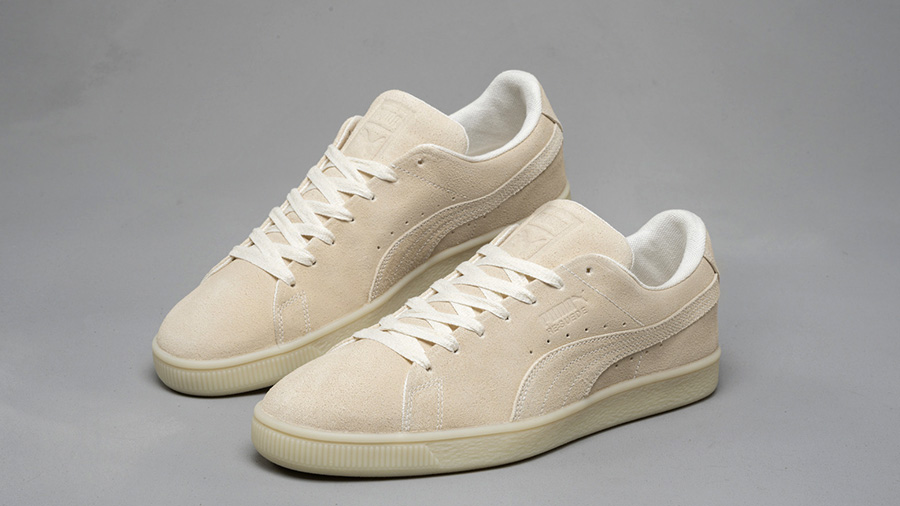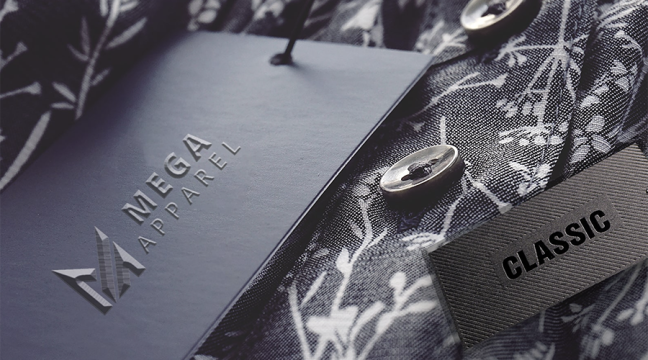Puma dropped a commercial version of its experimental Re:Suede sneaker, the Re:Suede 2.0, showing it could turn the shoe into compost under industrial conditions during a two-year pilot project.
As part of the experiment, successfully concluded in late 2023, Puma produced 500 pairs of Re:Suede 2.0 shoes with materials that would decompose, including Zeology-tanned suede. Volunteers wore the shoe for half a year before returning them to Puma for the company to turn them into compost using the company’s partner in a specially equipped industrial composting setup.
Puma will drop 500 pairs of the commercial version of the shoe on April 22, which incorporates the lessons it learned during the experiment and the feedback received from the volunteers.
“Re:Suede 2.0 is an important step towards finding viable end-of-life solutions for our footwear,” said Anne-Laure Descours, Puma’s chief sourcing officer. “While we are excited about this progress, we will continue to innovate with our partners to determine the infrastructure needed for a scalable long-term solution, essential for achieving meaningful impact in waste reduction.”
Once a customer wears out their Re:Suede 2.0 shoes, they can return them for free, and Puma will send the sneakers to its partners to put through a specially equipped industrial composting process. In exchange, customers will receive a 20 percent discount on their next purchase.
The Re:Suede project and the polyester recycling program Re:Fibre were created as part of Puma’s “Circular Lab,” an innovation hub led by Puma’s innovation and design team to create the future of the company’s circularity programs. Rethinking the way Puma produces and moving towards a more circular business model are one of the priorities of the company’s Forever. Better. sustainability initiatives.
Image courtesy Puma










